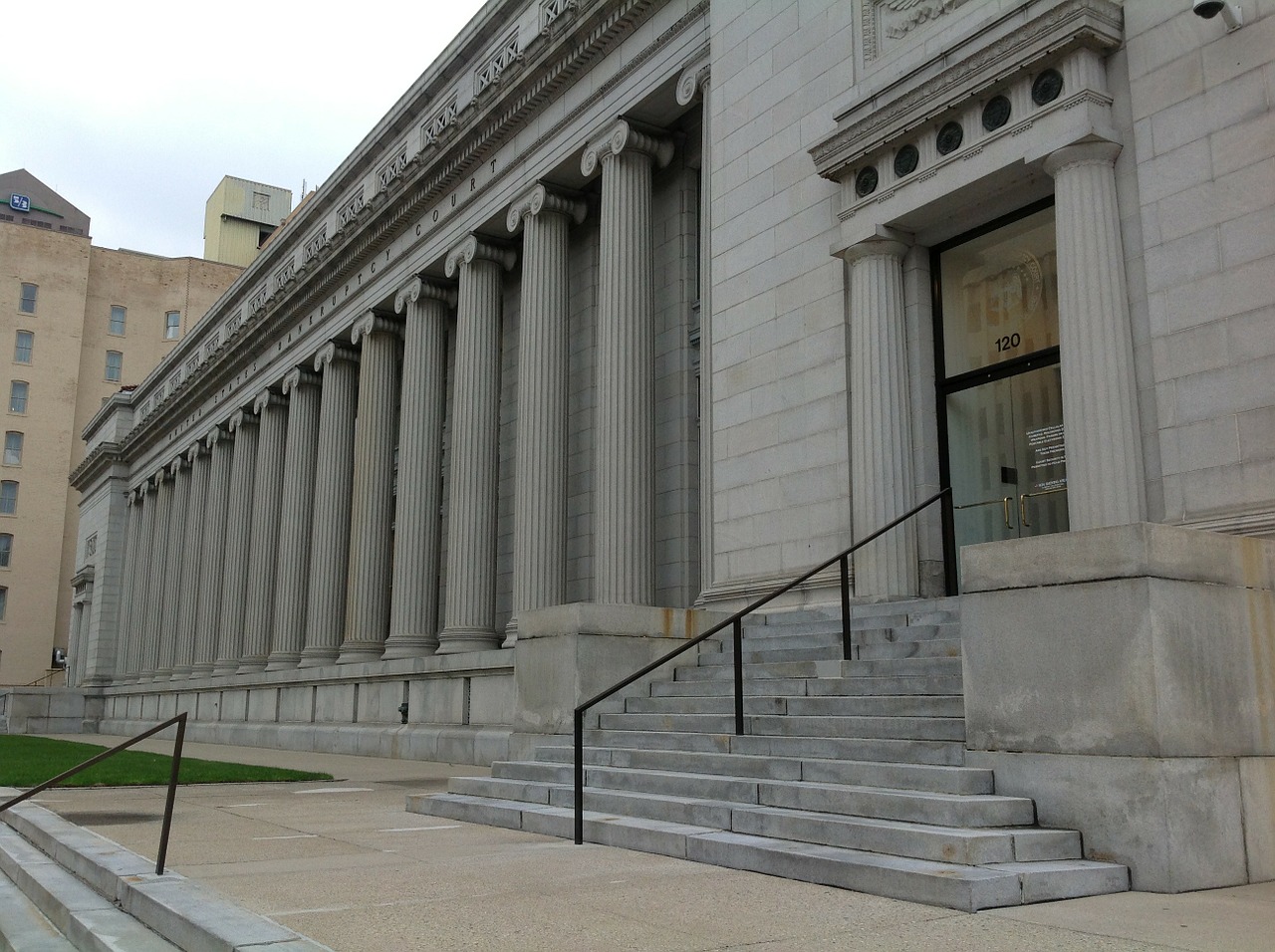The Mitzvah:
The Jew dwells for seven days in a succah, booth. Needing a minimum of two and a half walls and organic material as its roof covering, the basic mitzvah is eating bread on the first night of Succos. All activities should be relocated to the succah during this festival (Leviticus 24:42-43)
Succos commemorates the Israelites’ shelter – either the actual ‘huts’ in which the Jewish people dwelled or to the Ananei Hakovod, miraculous Clouds of Glory protecting them in the wilderness.
But it beggars belief why there is a festival to celebrate this miracle? And why should Succos follow in the wake of the Days of Awe?
By swapping his permanent building for a temporary booth exposed to the natural elements, the Jew affirms how he is, in truth, “strictly under Divine Supervision”.
What Succos marks is not just simply their miraculous protection but how G- d lovingly enveloped the nascent nation under His protective shelter. Ever since their emergence as the Chosen People, after the Exodus, the Jew would be subject to a special constant Divine providence.
However this unique relationship forged between G-d and Israel almost disintegrated at the foot of Sinai. This was because of their treacherous disloyalty in worshipping the Golden Calf.
Only on Succos, explains the Vilna Gaon, did the Clouds of Glory which had departed because of their sin, return. That G-d allowed his Divine Presence to return and rest upon the Jewish nation, and their instruction to construct the Sanctuary, confirmed their full atonement. The restoration of the Clouds of Glory is the source for the joyous celebration of Succos, Zman Simchosenu, “time of our rejoicing”. Succos is sequentially placed after the judgment and atonement of Rosh Hashanah and Yom Kippur.
But with their repentance, G-d once again rested upon Israel. Of the three miracles in the wilderness – the manna, wellsprings of water and clouds of glory – only the latter was not essential for the nation’s on-going survival. Instead, it was an expression of G-d’s love and affection. And they, in turn, would take delight in His protection.
Into the succah the Jew goes.
It is on this festival, that the Jew’s eyes are fixed upon the Heavens. He places his trust and reliance in G-d – and not in the security of physical structures or his financial assets.
The succah is the symbol of G-d is directly involved in every aspect of a Jew’s life – just as He was, is and continues to be involved in their miraculous national survival against all odds through the pages of history. Where challenged and persecuted, the only fortress within which Israel can seek refuge is under G-d’s wings.
It is the knowledge Israel is “strictly under Divine Supervision” which is the happiness celebrated on Succos. Text Copyright © 2006 by Rabbi Osher Chaim Levene and Torah.org.


